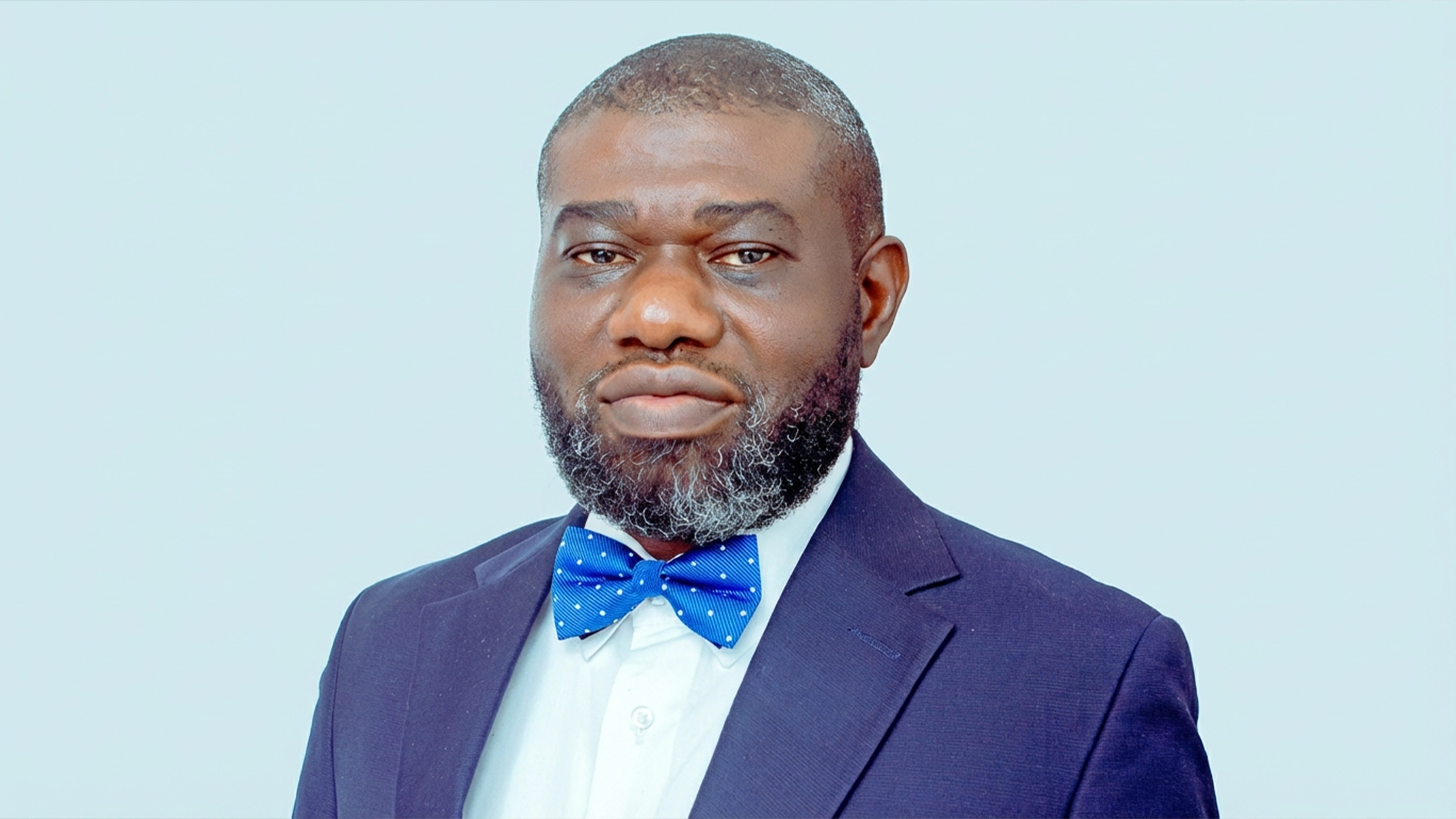
Sir: The Nigerian government has developed the National Renewable Energy and Energy Efficiency Policy with the accompanying Vision 30:30:30 which aims at achieving 30,000MW of electricity by the year 2030 with renewable energy contributing 30 per cent of the energy mix. It is a welcome target that will see Nigeria undergo a renewable energy transformation. However, there are certain strategies that the government must adopt if the renewable energy component of this wonderful vision must become a reality.
Firstly, the government should be able to leverage on community partnerships and ownership of renewable energy projects. Solar energy projects for instance usually require minor cleaning a couple of times in a year if the installation is to work at maximum capacity. This periodic cleaning will not cost the host community anything to carry out. However, the community will only organise adequately for the cleaning if they have a sense of ownership of the project. Apart from cleaning, they are other minor maintenance activities of renewable energy projects that the host community should not leave for the government alone. Majority of the solar streetlights and solar boreholes across the federation today are not functional because thieves and vandals have made away with certain vital components of the installations. These thieves and vandals did not fall down from space. They live in the community and are usually well known by other community dwellers. The government therefore should not fail to give the host community a sense of ownership of renewable energy projects if it sincerely wants to meet Vision 30:30:30
Secondly the government must provide funding security for investors especially at the initial stages of installing the renewable energy projects. This is because renewable energy projects are usually capital-intensive at the onset. The risks are highest at the start of the projects. Commercial banks and other conventional lending institutions are usually unwilling to give out loans to investors if the time it will take before reaping returns on investment is lengthy. Sadly, this is the case for commercial renewable energy projects. There is therefore need for government to intervene and provide financial security for those willing to invest in renewable energy especially at the initial stages of the project. This security aimed at de-risking investment can come in the form of equity, convertible debt or structured credit product which provides cost competitive working capital for renewable energy investors.
Thirdly, the government must also do some institutional alignment that will engender transparency and accountability in the implementation of renewable energy projects. Effective renewable energy policy implementation is cross-sectoral. Federal Ministry of Power, Nigerian Electricity Regulation Commission, Rural Electrification Agency, Ministry of Water Resources, Ministry of Environment, Ministry of Housing, Standards Organisation of Nigeria all have roles to play if Vision 30:30:30 will become a reality. Fourthly, the government must proactively communicate the vision to the people. Majority of Nigerian’s have never heard of Vision 30:30:30 not to talk of understanding the roadmap towards its implementation. Designing a policy document and then failing to communicate the issues in the policy with the relevant stakeholders that should have one role or the other to play in its implementation defeats the whole aim of generating the policy. Community activists, professional bodies, investors, civil societies, academia, trade and labour unions, legislators, media must all be brought on board to play their own roles. The government should use the government-owned television and radio stations to popularise the vision.
Informed Nigerians sincerely hope and pray that the implementation plan for Vision 30:30:30 does not suffer the same fate as Vision 20:20 whose National Implementation Plan has been abandoned.
Martins Eke.






